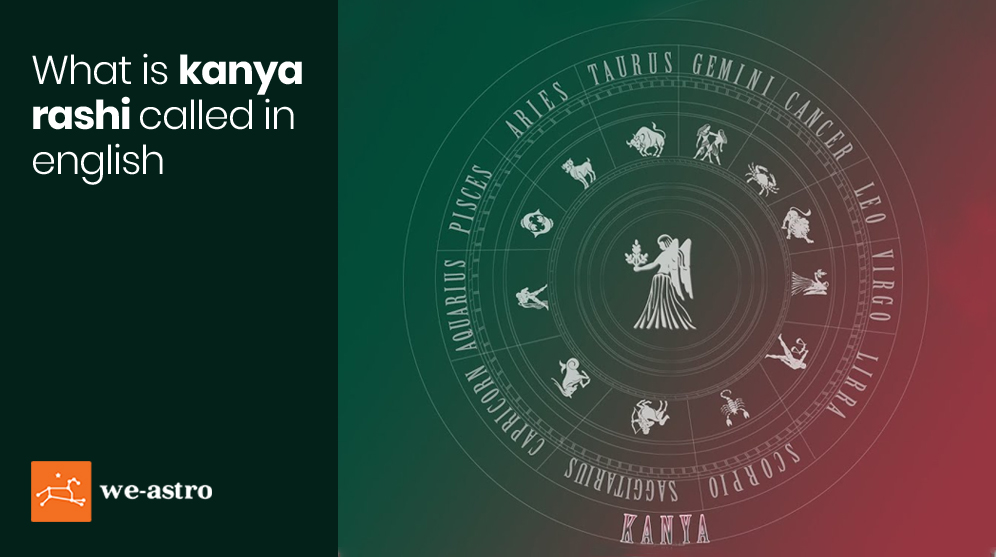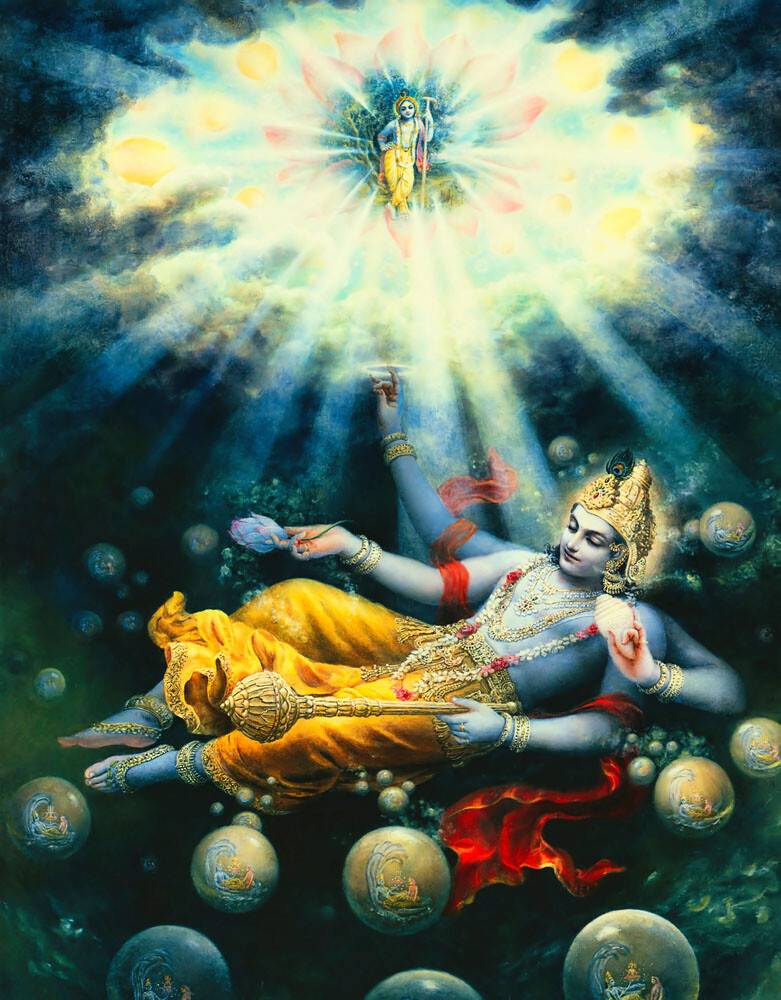Unearthing Kubera(Kuber): The Lesser Known Lord of Wealth in Hinduism
Discover Kubera, the Lord of Wealth in Hinduism. Understand his significance, legends, and representation in religious traditions and mythology.

In the pantheon of Hindu deities, there exists a resplendent figure known as Kubera, the God of Wealth. Commonly associated with prosperity and abundance, Kubera is a significant figure not just in Hindu culture, but also in Buddhism and Jainism. The fascinating narrative of Kubera delineates his role as the custodian of wealth and highlights his benevolent nature.
Kubera, also known as Dhanapati, is depicted as a fair, corpulent man adorned in jewels and carrying a money pot and a club. His association with wealth and prosperity stems from ancient stories and texts that describe him as the lord of Yakshas, the supernatural beings who are the guardians of the treasures of the earth. In this respect, Kubera's role in Hindu mythology extends beyond mere wealth. He is also seen as a protector, guarding the world's riches with the aid of his celestial army of Yakshas.
Appearing in several Hindu scriptures such as the Ramayana and the Mahabharata, Kubera is often portrayed as a generous and benevolent god. A well-known tale recounts how he lent a vast sum of gold to the God-King Rama for his coronation ceremony. In return, Rama promised to worship him with devotion, a practice that many Hindus continue to this day.
Worshipping Kubera is believed to invite wealth and prosperity into one's life. Special poojas or rituals dedicated to him are performed, particularly during Diwali, the festival of lights. By offering prayers to Kubera, devotees seek his blessings and aspire to attain wealth and success.
In conclusion, Kubera, the God of Wealth, holds a unique position in Hinduism. Symbolising not only wealth and prosperity, but also protection and benevolence, his narratives underline the core Hindu belief of karma and dharma. As we continue to explore and understand the nuances of Hindu mythology, Kubera serves as a reminder of the balance between worldly possessions and spiritual wealth.




